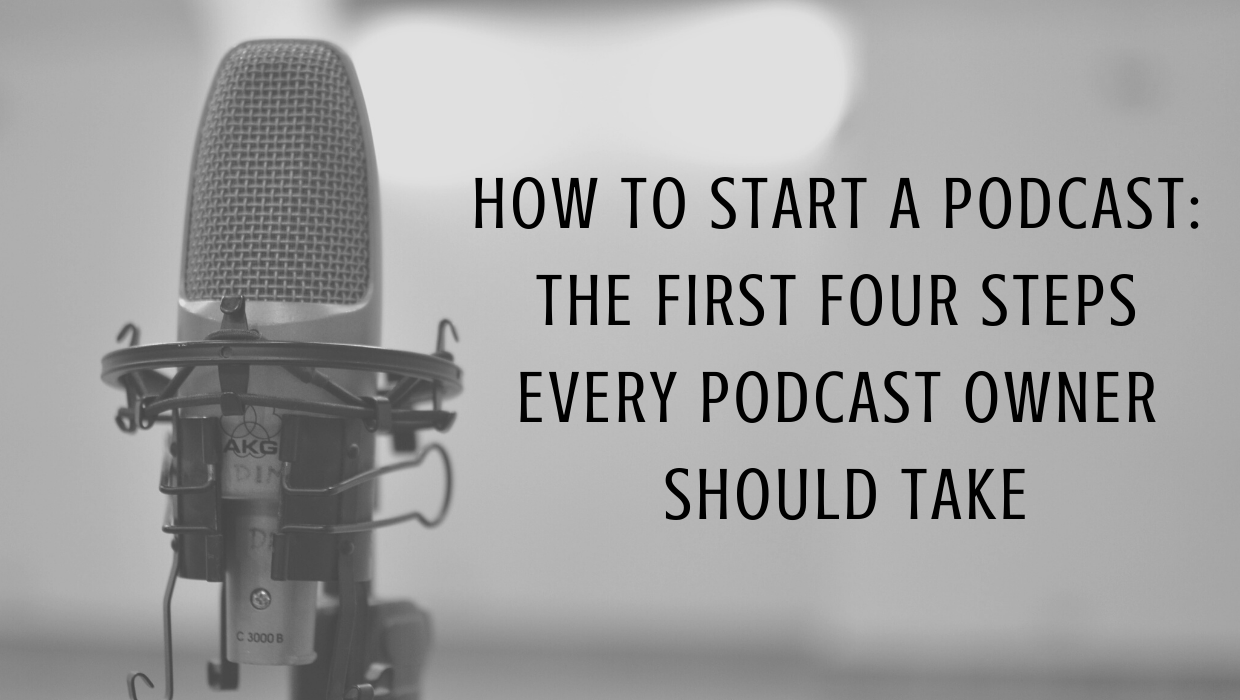Thinking about starting a podcast to grow your private practice? Now is the time to do it.
Podcasting is becoming the new ‘best practice’ in growing your clients and subsequent income. But before you dive into Google’s pool of information and feel out of depth, familiarize yourself with the first four steps every podcast owner should take to grow their private practice.
You don’t have to be a techie person or a millennial. You also don’t need plenty of disposable income, or the latest and greatest equipment. Simply follow these steps to grow your private practice through podcasting.
1. Identify your Niche Audience
First things first, before thinking about episode ideas and sharing your podcast with the world, you must establish who your target audience is. If you don’t do this, you may find yourself talking to everyone but no one at the same time – regardless of how valuable your content is.
It’s imperative for the success of your podcast and content marketing that you define where your niche podcast will fit. For example, it could be anyone from single mothers, children with autism, or people suffering from eating disorders. Think about the types of clients you like to see, and identify topics specifically related to them so that you grow your private practice through your podcasting channel.
2. Planning for the Future of Your Business

Once you’ve established who your audience is, the planning can begin. You will have to allocate time to conceptualize, create, and edit your podcasts. Building a series for your private practice requires a lot of time and energy. Still, once you get started, it gradually becomes second nature – you may even discover a new calling.
Remember to schedule podcast episodes consistently to keep your audience engaged – which means never missing a month. You should also market your episodes on your practice’s social media to create hype around upcoming topics or guest speakersm which in turn, may grow your private practice.
3. Choose Topics That Will Grow Your Private Practice

It’s easy to get excited about what you want to say, but it’s essential to do the groundwork first for the year ahead. The clichéd saying, “if you fail to plan, you plan to fail” rings particularly true when it comes to podcasting, as you’ll soon realize just how much content planning is required.
When choosing topics, think about what keywords and key phrases your ideal audience uses to search for content like yours. Always think about how your listeners will share your show with their friends, and choose topics that answer the following:
“You have seriously got to listen to this podcast, it has helped me…” or “This is a great podcast because it’s the only one I’ve found dealing with…”
4. Essential Podcast Equipment for Therapists

The beauty of podcasting is that you don’t need a burgeoning bank balance to do it. While we certainly wouldn’t recommend going for the cheapest option, the most crucial piece of equipment is your microphone – and you don’t need mixers and amplifiers to sound professional.
Good microphones range from $70 up, and all you need initially is something simple and easy to use. You can also look into getting a kit that includes a boom arm, a foam ball, and shock mount to hold the microphone in place if you’re wanting to look the part of a podcaster too.
In terms of recording software, you don’t have to splurge on anything fancy. Instead, save your money for marketing your show and building your listenership. If you’re using a Mac, try Garageband, and if you have Windows, try Audacity – both of which are free. If you’re interviewing a guest, you can use Zoom.us or Skype, but if you want a better quality, try SquadCast. This web-based interview platform records high-quality audio over the internet and is super user-friendly.
Looking for More Advice on Starting a Podcast as a Psychotherapist?
Starting a podcast is scary. However, as a therapist, you have all the skills you need to launch a successful podcast with the right support. For more real advice on Podcasting 101 listen to the Practice of the Practice’s founder, Joe Sanok podcast interview with Billy and Brandy Eldridge. Alternatively, sign up to join Joe Sanok’s Podcast Launch School and learn about content creating, editing, publishing and everything in between.

